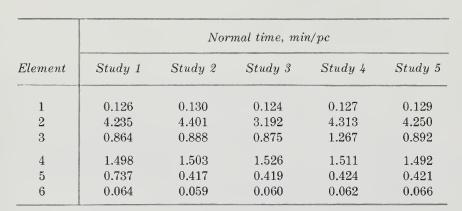Production And Operations Management 3rd Edition Raymond R Mayer - Solutions
Unlock the full potential of "Production And Operations Management 3rd Edition" by Raymond R. Mayer with our comprehensive solutions. Access the answers key and solutions manual online, featuring a wide array of solved problems and step-by-step answers. With our solutions PDF, you can explore chapter solutions and the complete test bank, providing you with detailed questions and answers. Enhance your understanding with the instructor manual, making your study of this textbook more effective. Enjoy the convenience of a free download, and dive into the wealth of knowledge with our expertly crafted content.
![]()
![]() New Semester Started
Get 50% OFF
Study Help!
--h --m --s
Claim Now
New Semester Started
Get 50% OFF
Study Help!
--h --m --s
Claim Now
![]()
![]()




